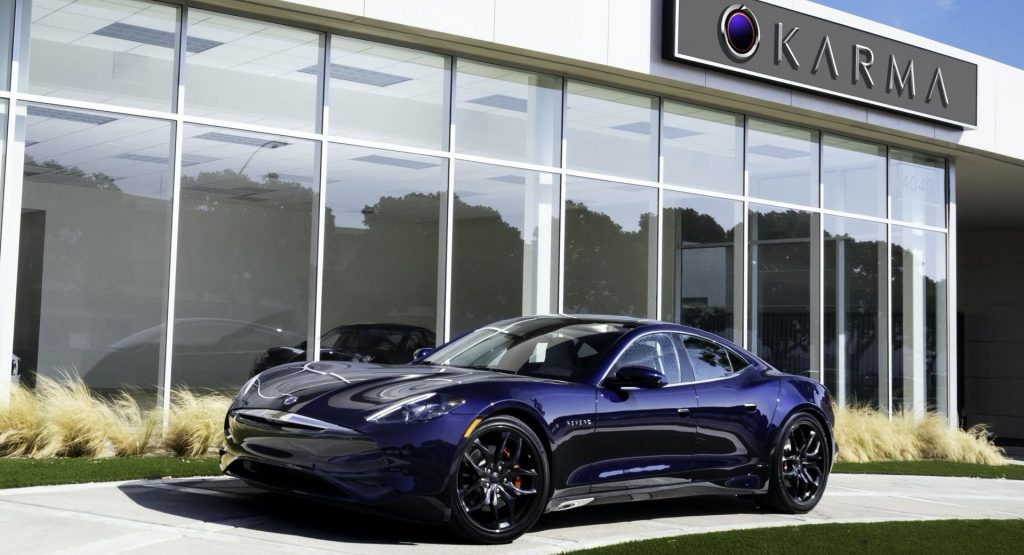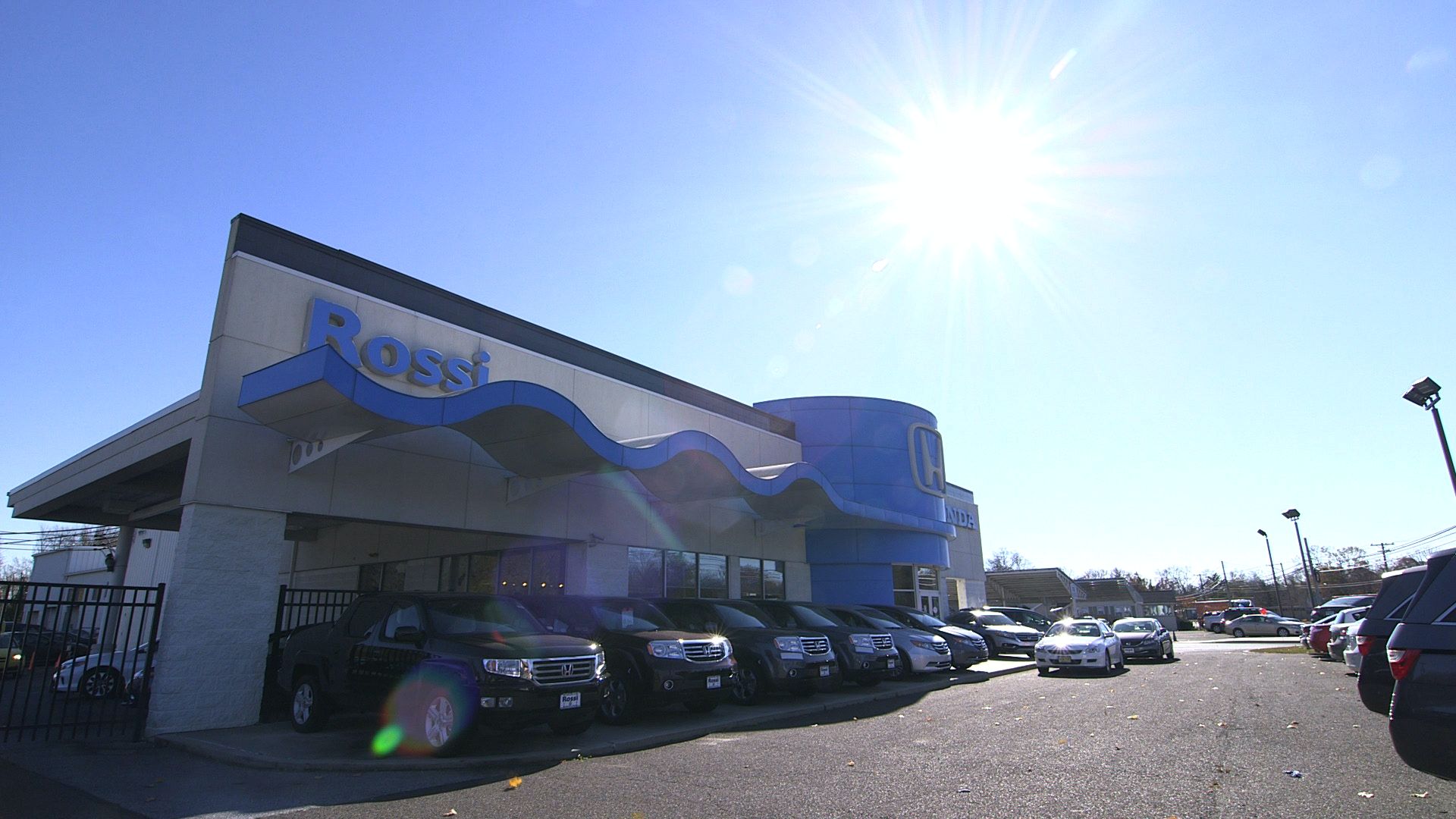In a relatively short amount of time, the novel coronavirus outbreak has caused profound changes to the lives of almost half the world’s population.
The economy is also expected to take a massive hit from the fact that everything is pretty much shut down in the countries that have enforced lockdowns – an area that includes pretty much the entire western world.
Obviously, the auto industry counts among the hardest hit areas of the economy and is trying to adjust to the new, unprecedented market conditions. But some of the solutions automakers are coming up with to sell cars are likely to cause more problems further down the line.
Read More: Taking A Seven-Year Car Loan Is A Really Dumb Decision, Yet Many Americans Do It
We’re talking about long-term car loans, more specifically 84-month loans. According to a prediction by J.D. Power cited by Wards Auto, 84-month deals are expected to become more prevalent than the current most popular long-term auto loans that span 72 months.
Currently, 84-month terms account for seven percent of auto financing, but J.D. Power’s chief product officer Tom King says their share will increase. According to him, the reason for that automakers’ desire not only to sell vehicles during this crisis but also to keep transaction prices high to maintain profitability.
The average vehicle transaction prices in the U.S. has been rising steadily over the past few years, from $31,200 in 2016 to $33,600 in 2019. While the increase is “powering OEM profitability,” the pandemic is driving down auto sales, threatening those high transaction prices and therefore “further deteriorating automaker profitability,” King says.
He sees 84-month loans as a “powerful lever” to mitigate the risk to prices. For example, the comparison between a zero-percent 72-month loan and a zero-percent 84-month loan reveals that a consumer could reduce the monthly payment by 14 percent with the longer term.
Obviously, there’s a downside to that and most of the burden falls on the consumer, who has to pay more in financing charges as well as for depreciation. Risks involved for the automaker include a greater default probability and the fact that the consumer remains out of the market for longer.
So what is there to do about this? Under the current dire circumstances, J.D. Power advises carmakers “to focus on short-term circumstances instead of long-term.” U.S. light-vehicle sales are plummeting in March and the situation will probably become even worse in April and May. So buckle up ’cause it’s going to be a very bumpy ride.






